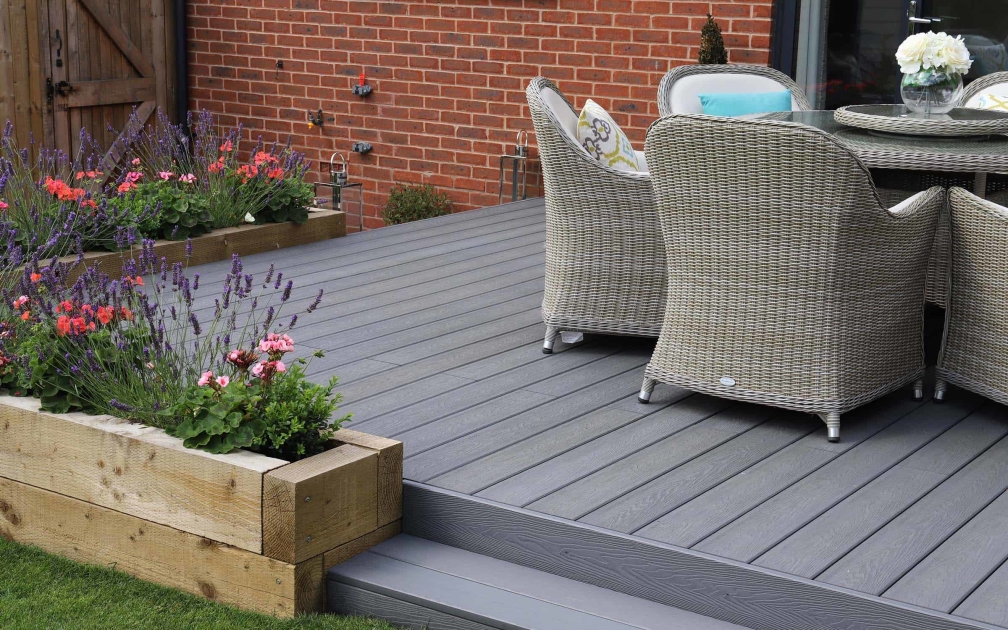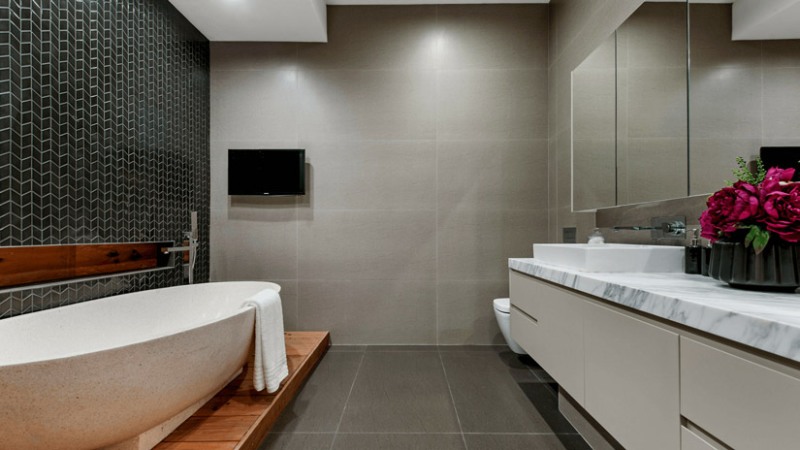When you think about eco-friendly home improvements, solar panels or energy-efficient appliances might come to mind. But have you ever considered your decking? As more homeowners make sustainability a priority, composite decking emerges as a leading choice. Let’s explore the reasons.
A Leap from Traditional Timber
Timber has been a popular decking material for years. Its natural look and feel give a touch of authenticity to any outdoor space. However, timber’s environmental impact is undeniable. Deforestation, a high carbon footprint from transportation, and the chemicals used for preservation are just a few concerns. That’s where composite decking options, such as the popular Millboard composite decking come in.
Reduced Deforestation
Composite decking minimizes the need for tree felling. Instead, it often incorporates recycled wood fibers, which decreases the demand for newly harvested trees. This means fewer forests get disturbed, preserving valuable ecosystems.
Recycled Components
Many composite decks are made of a blend of recycled wood and plastic. The plastic component, often derived from discarded items like bottles and bags, finds a new purpose. Instead of cluttering up landfills, these plastics are repurposed into beautiful, long-lasting decks.
Longevity Means Less Waste
Composite decks generally outlast their wooden counterparts. Wood can rot, splinter, and become damaged over time, leading homeowners to replace boards or the entire deck. This replacement cycle increases waste. On the other hand, the robust nature of composite materials ensures a longer lifespan, which means less frequent replacements and, consequently, reduced waste.

Low Maintenance, Low Impact
Consider the environmental impact of regularly staining or sealing a wooden deck. These tasks often require chemicals that can harm the environment. Composite decking sidesteps the issue entirely. Its low maintenance nature means no need for harsh chemicals, translating to fewer pollutants in the environment.
Energy Efficiency
Surprisingly, composite decking can contribute to a home’s energy efficiency. Its reflective properties can help to reduce the heat island effect, especially in urban areas. By reflecting more sunlight, it can help in maintaining a cooler outdoor space, which, in turn, can reduce the need for fans or other cooling materials.
Economic Sense
From an economic standpoint, sustainability often equates to long-term savings. While composite decking might have a higher upfront cost, its durability and low maintenance mean homeowners can save money in the long run. Fewer replacements, fewer maintenance products, and reduced labor costs all contribute to a smarter investment over time.
Broader Implications for Global Sustainability
Every individual choice in our daily lives, from what we eat to how we design our homes, contributes to the larger global picture. When homeowners opt for sustainable choices like composite decking, they’re doing more than just reducing their immediate environmental impact. They’re sending a message to manufacturers, suppliers, and other homeowners about the value and importance of eco-friendly products.
In the age of eco-conscious living, every choice counts. Composite decking stands out as a sustainable, durable, and economically smart option for homeowners. By choosing this material for your decking, you’re not only improving your outdoor space’s aesthetics and functionality, but also making a positive impact on the environment.




